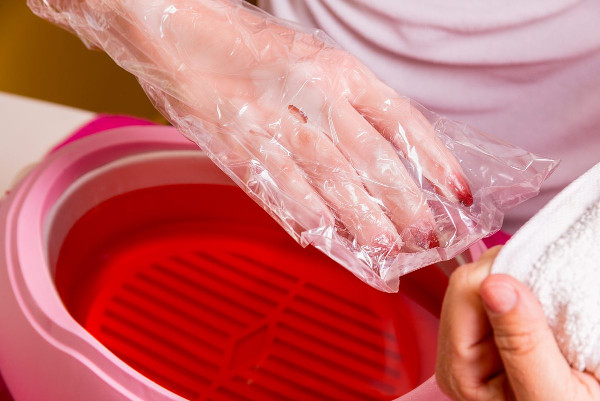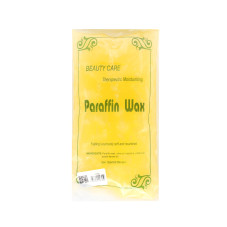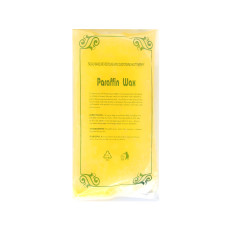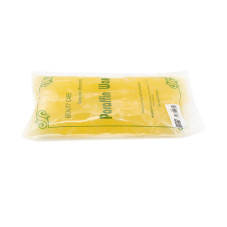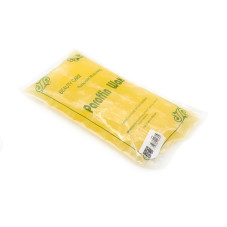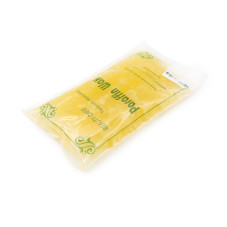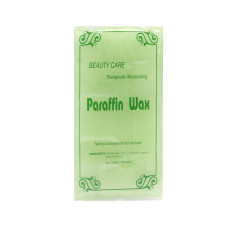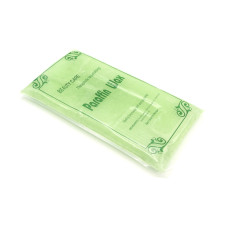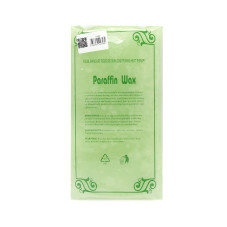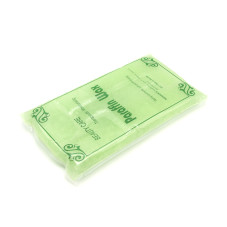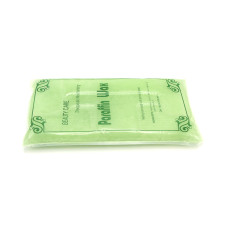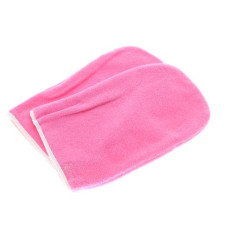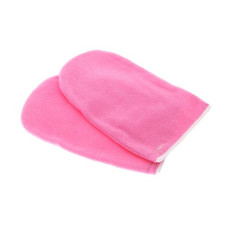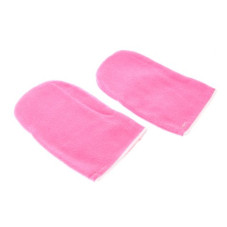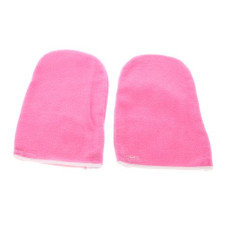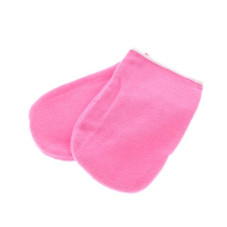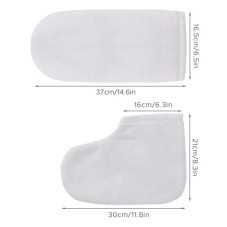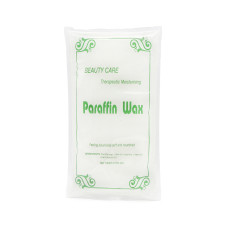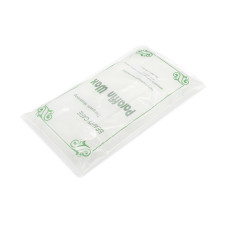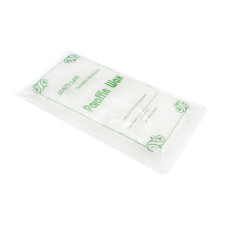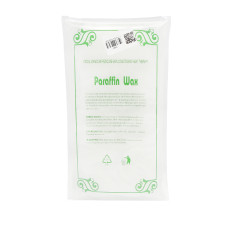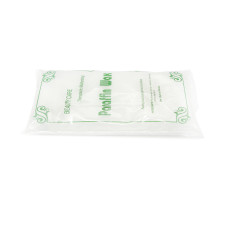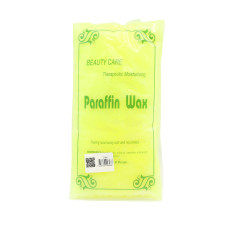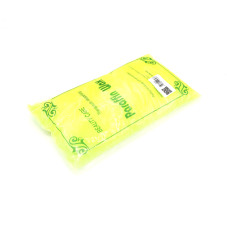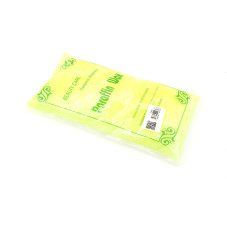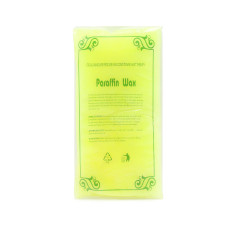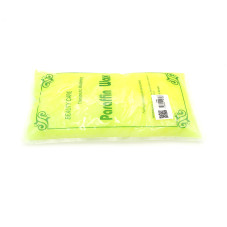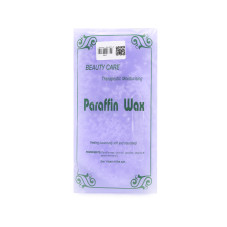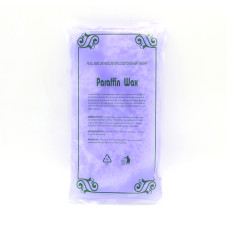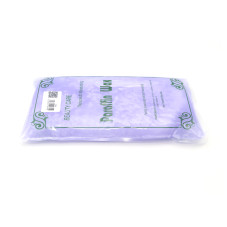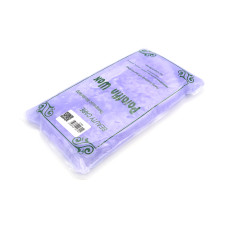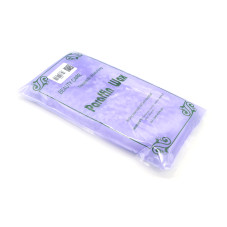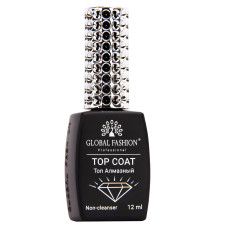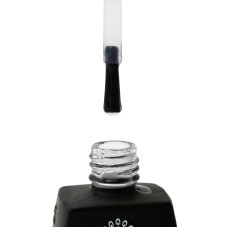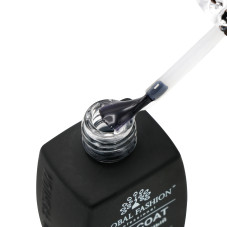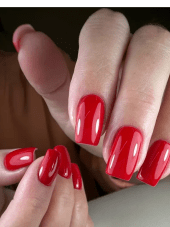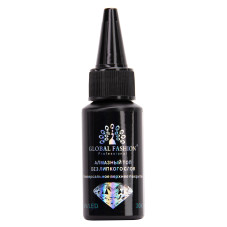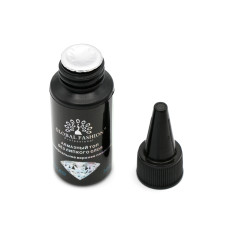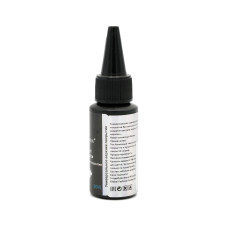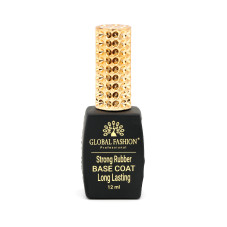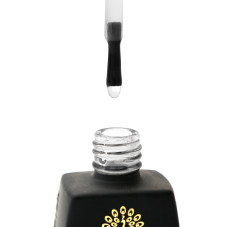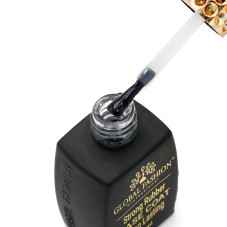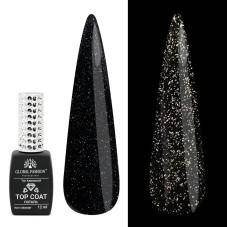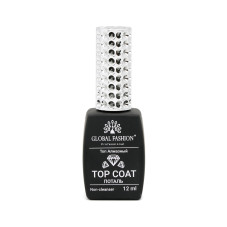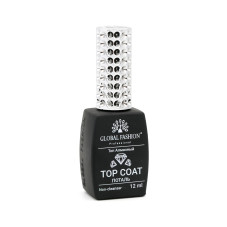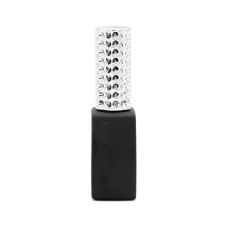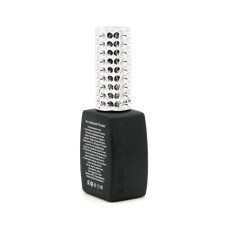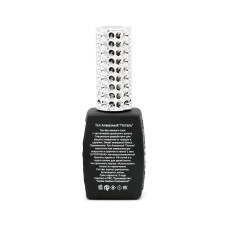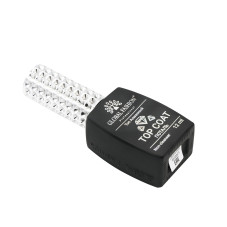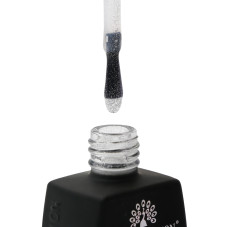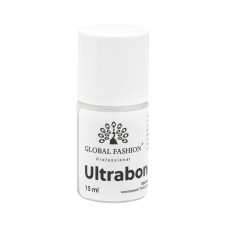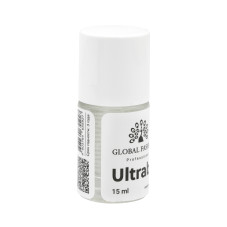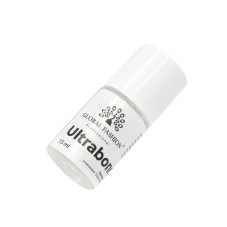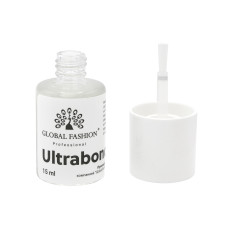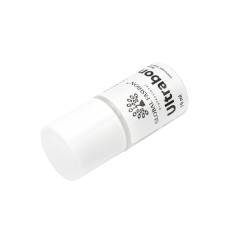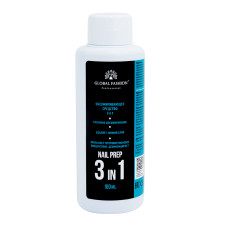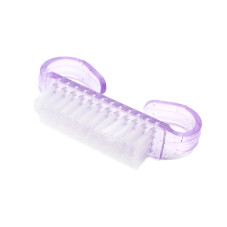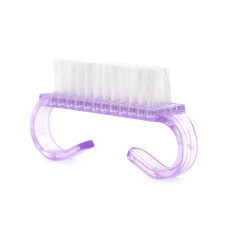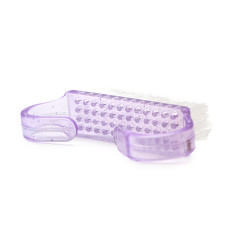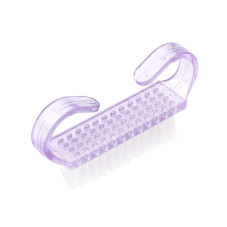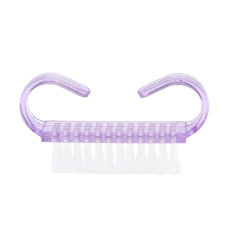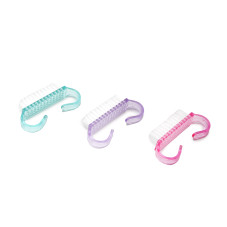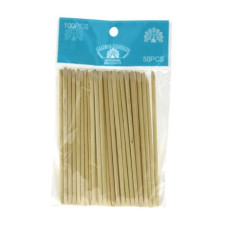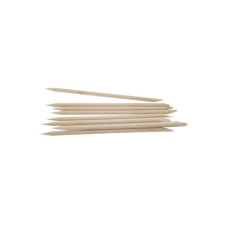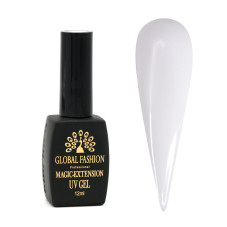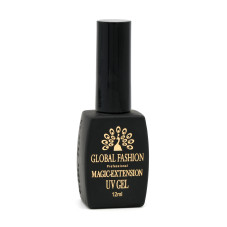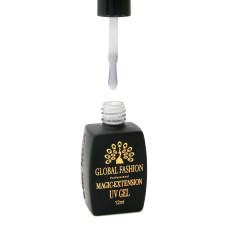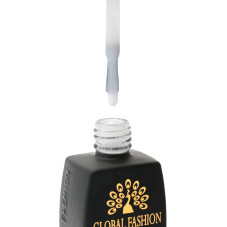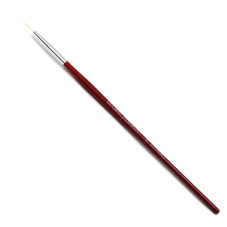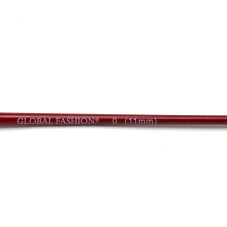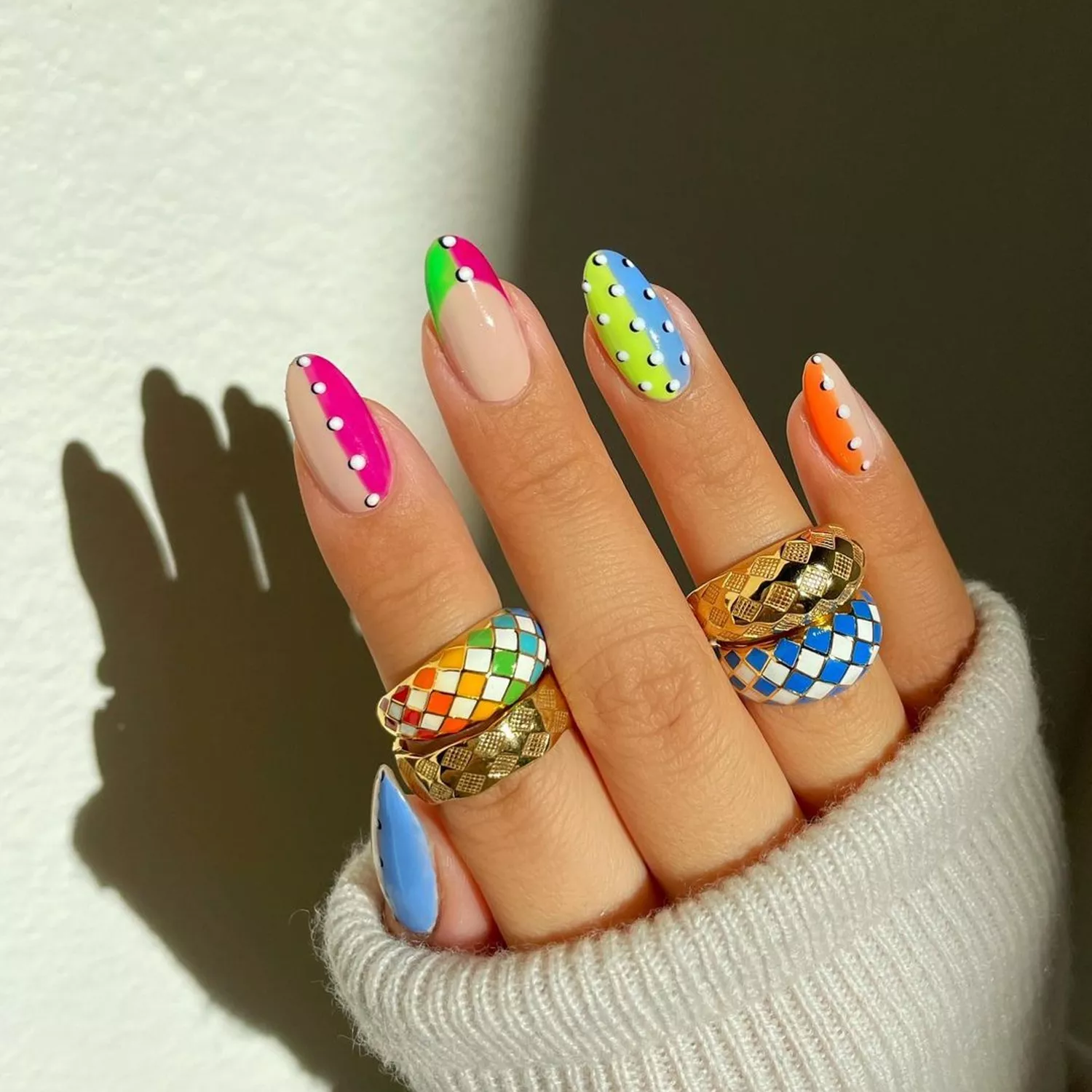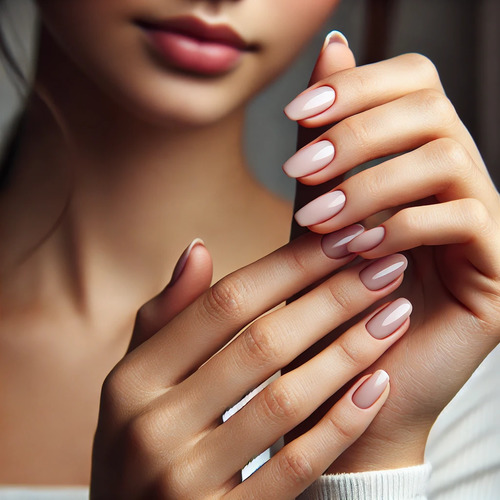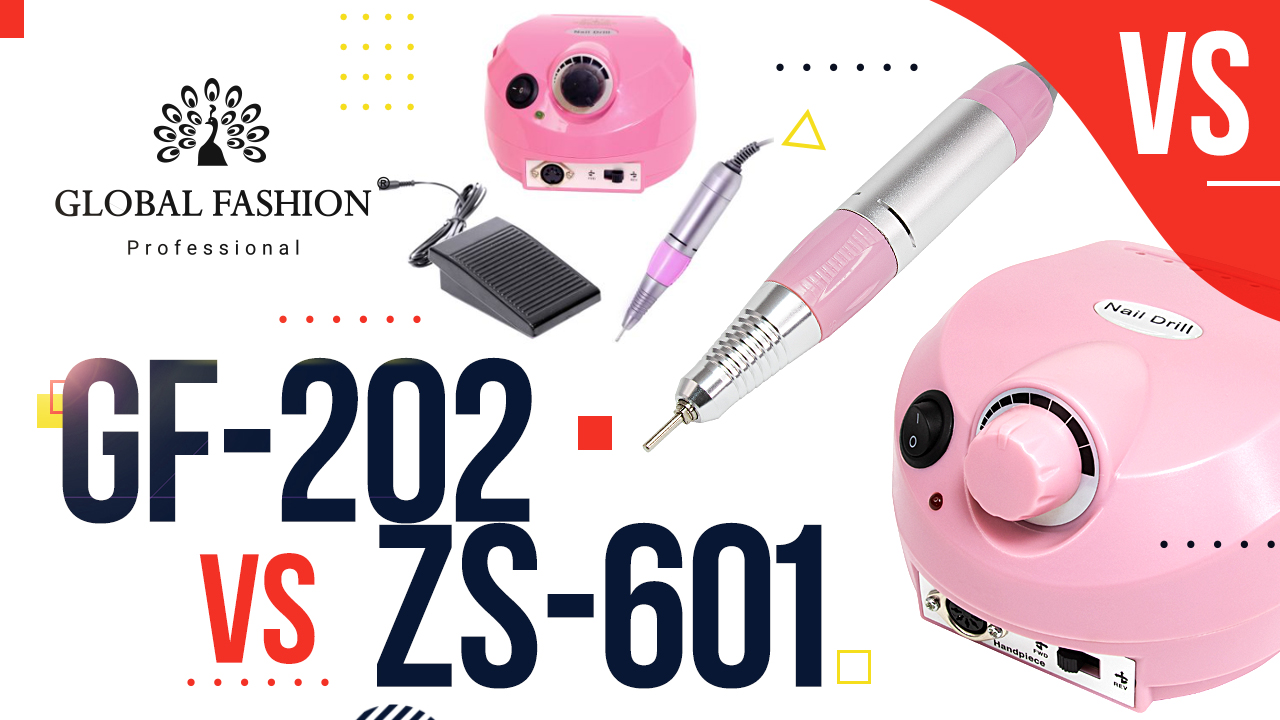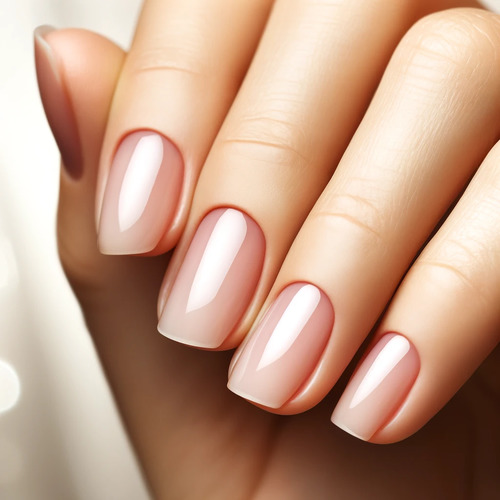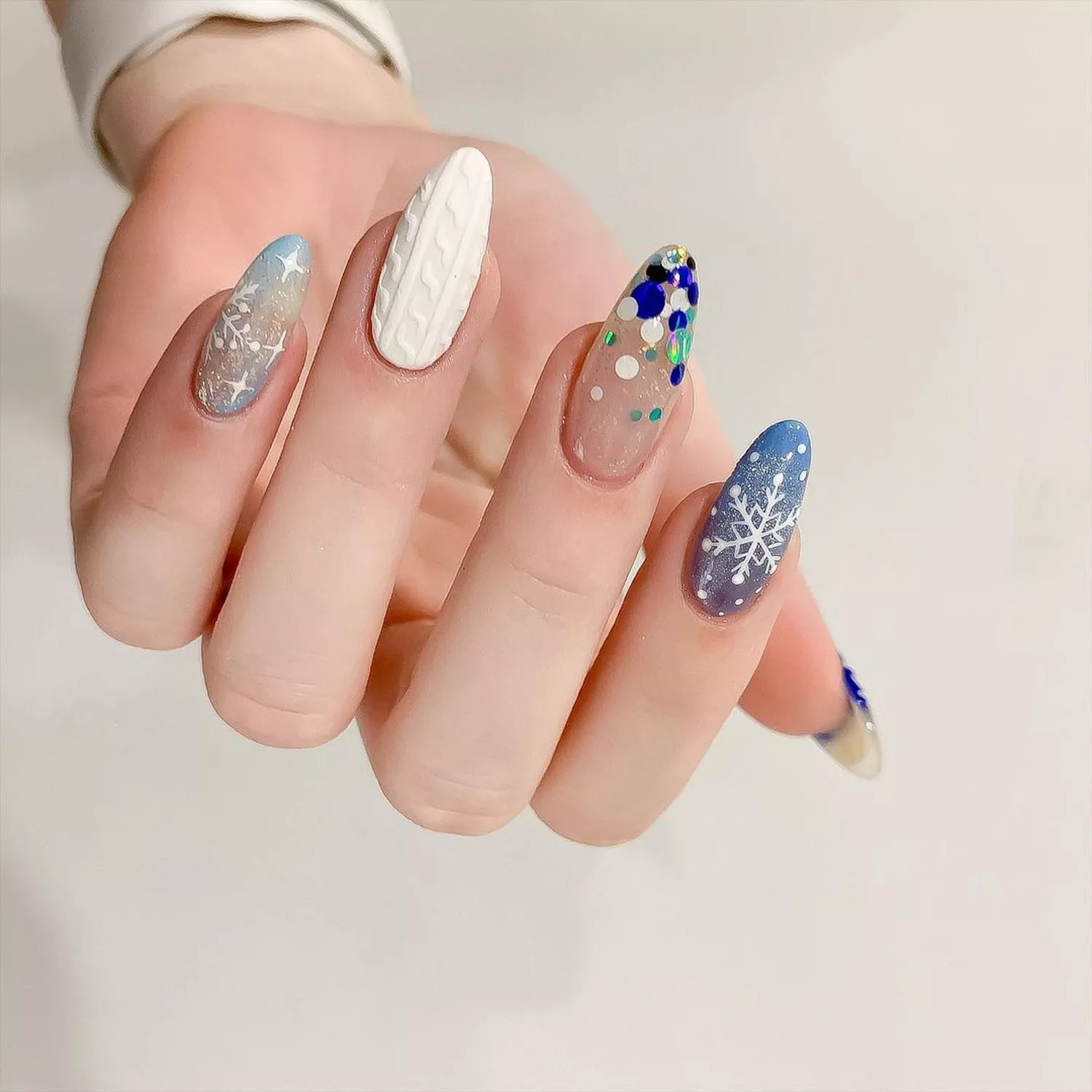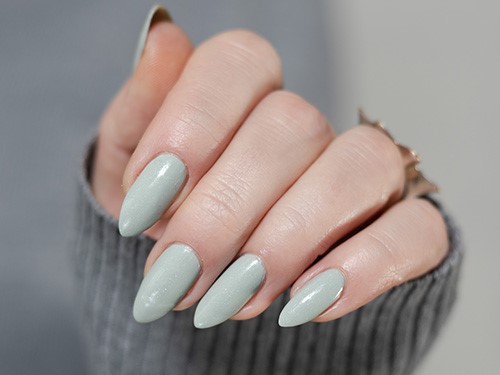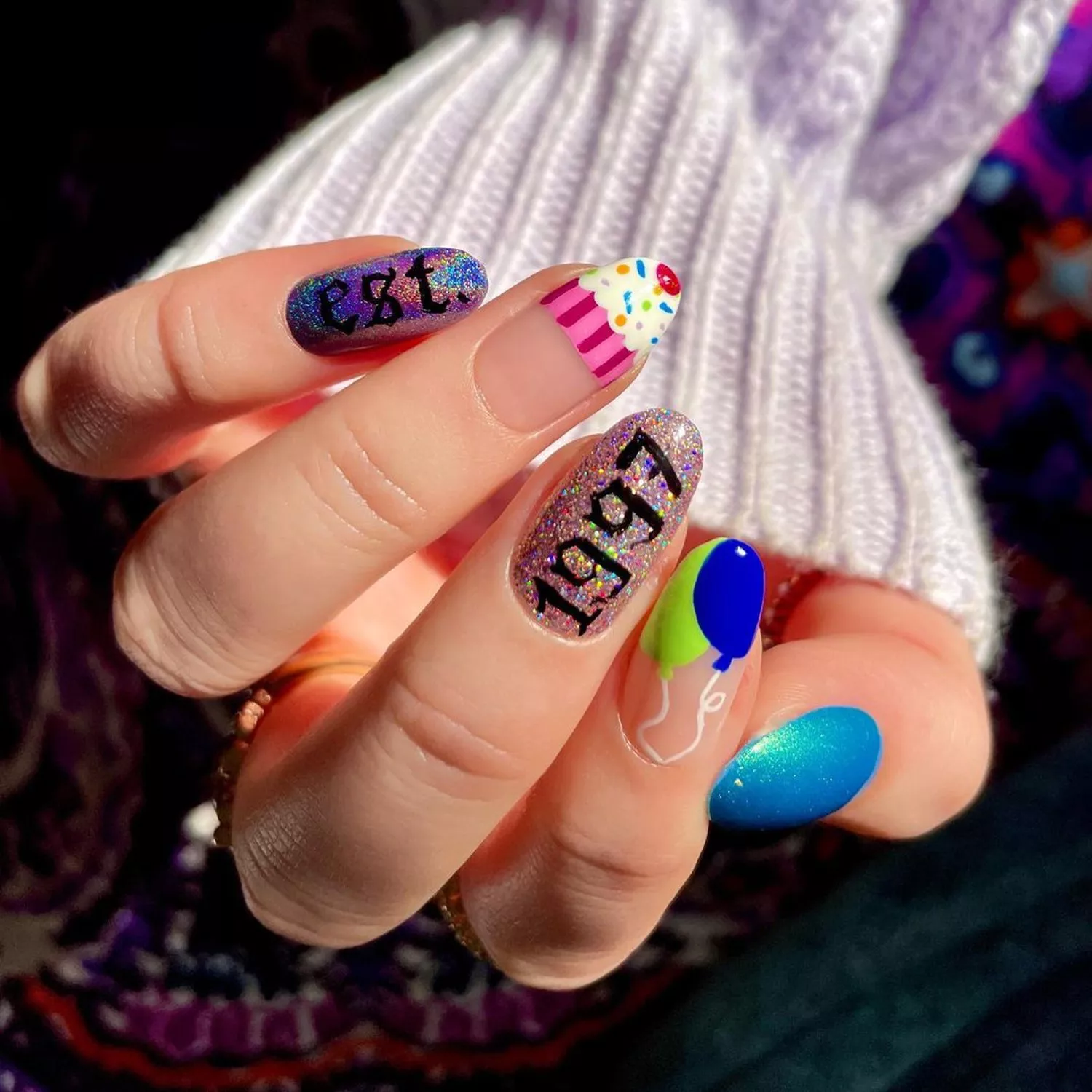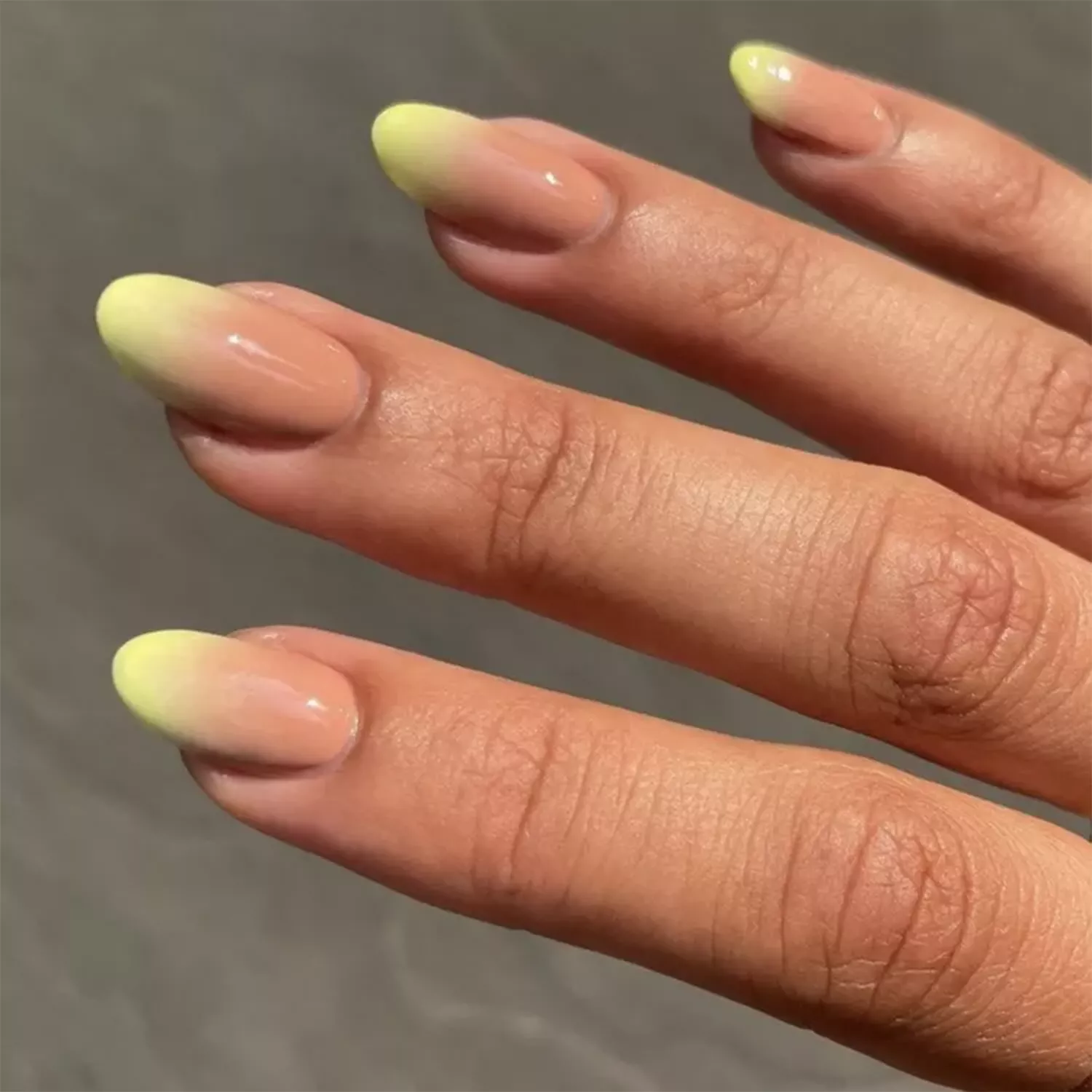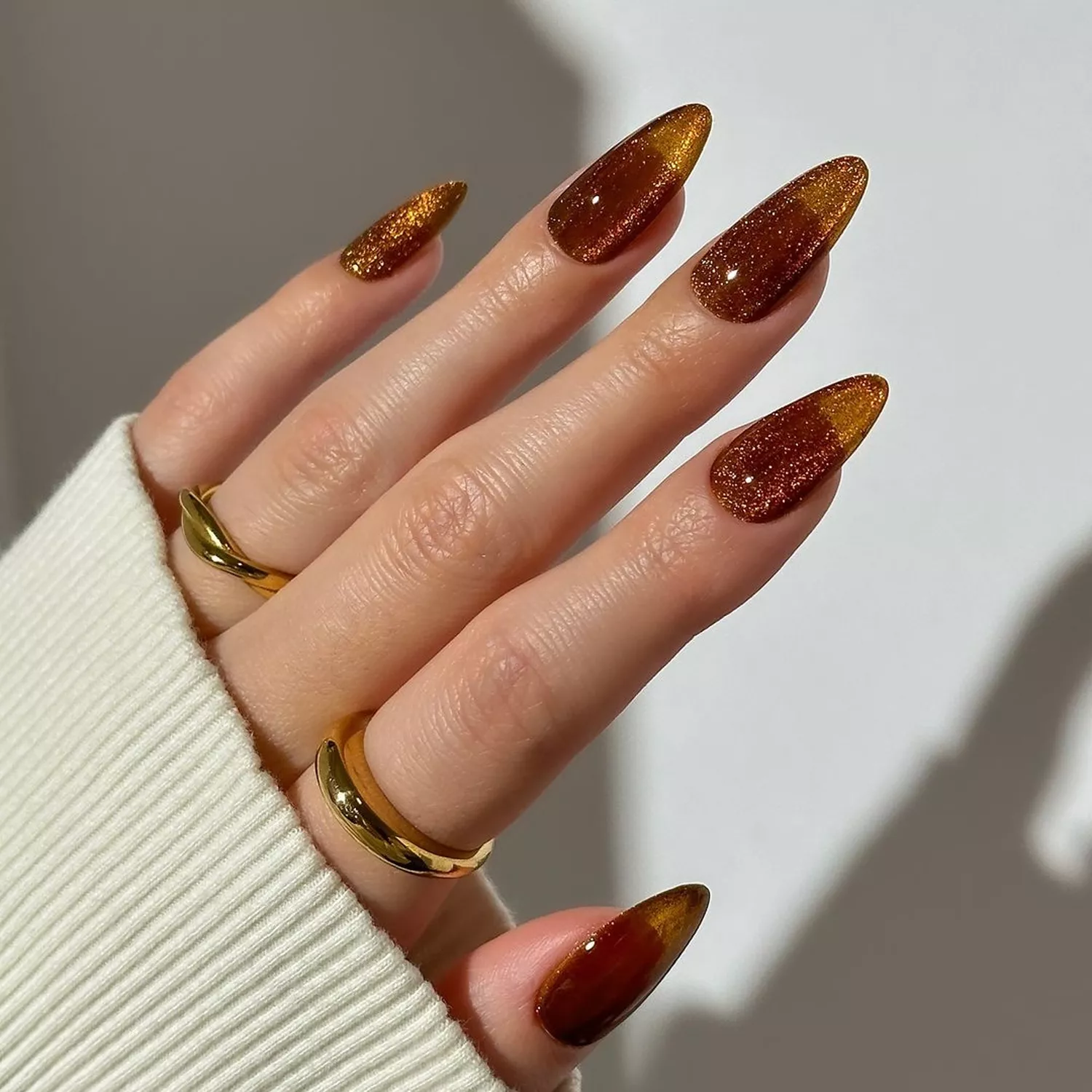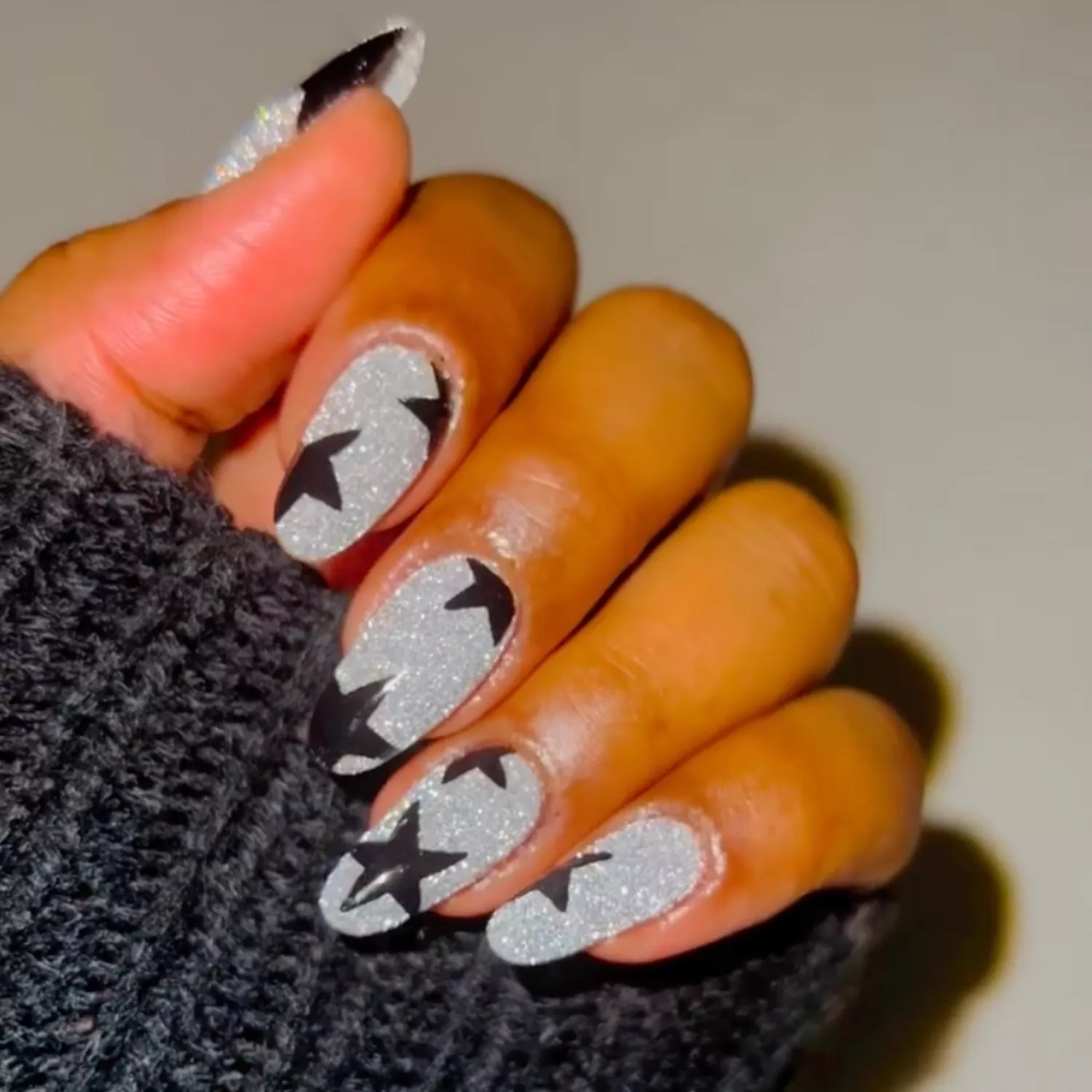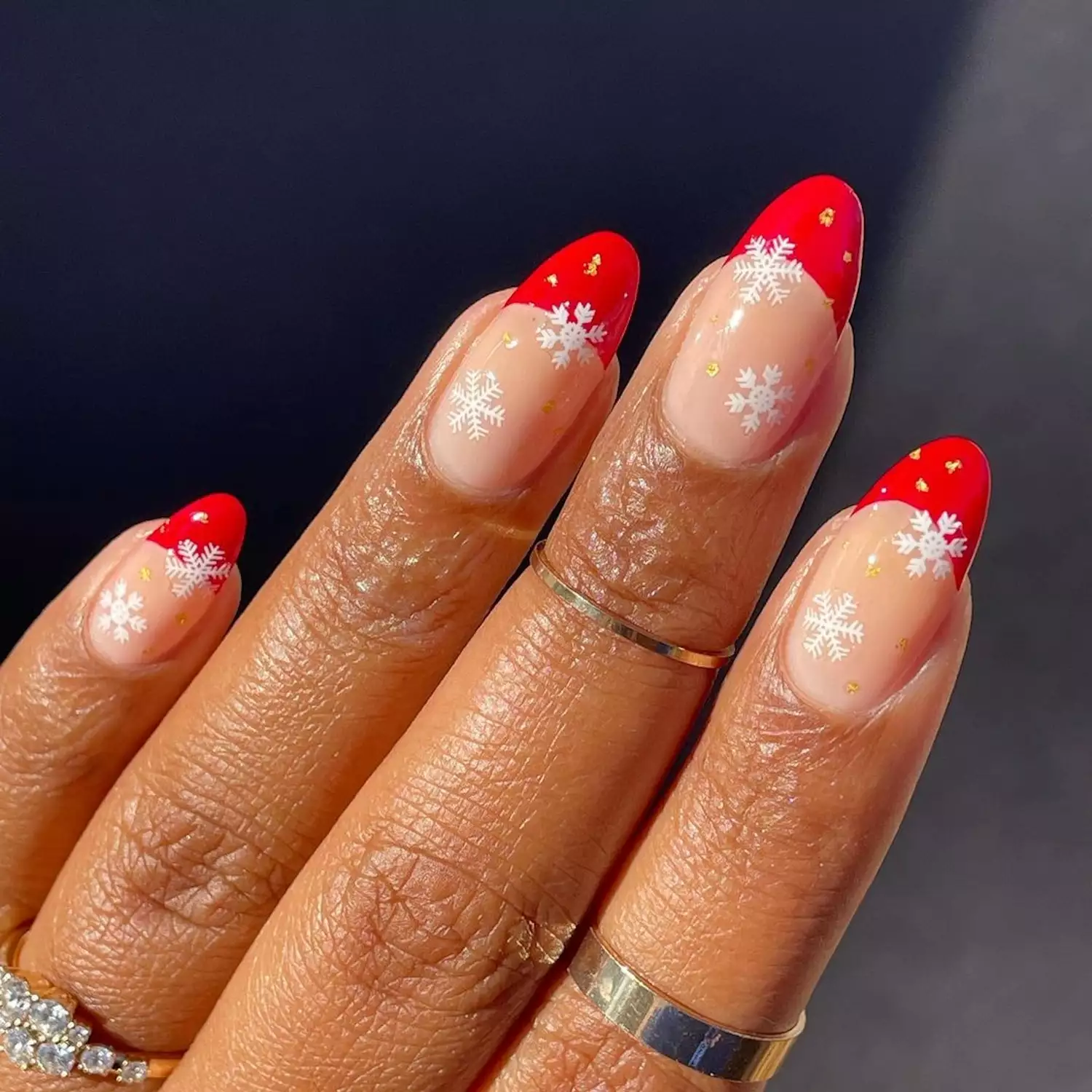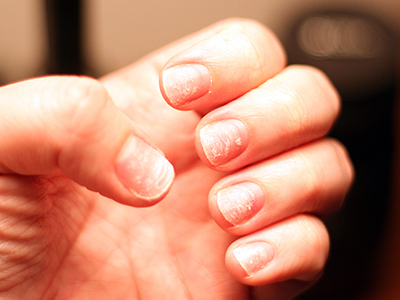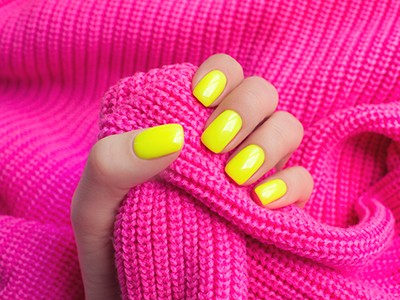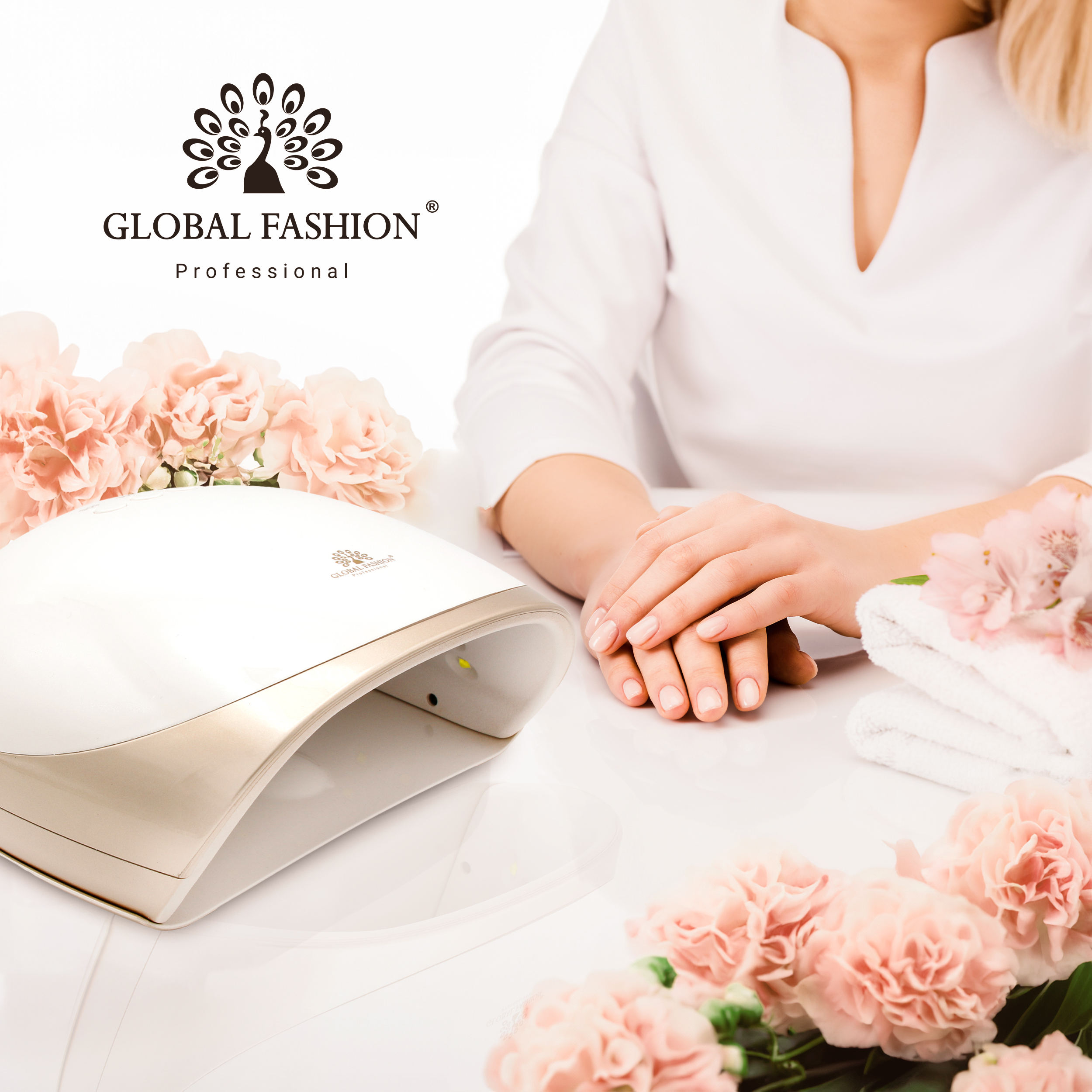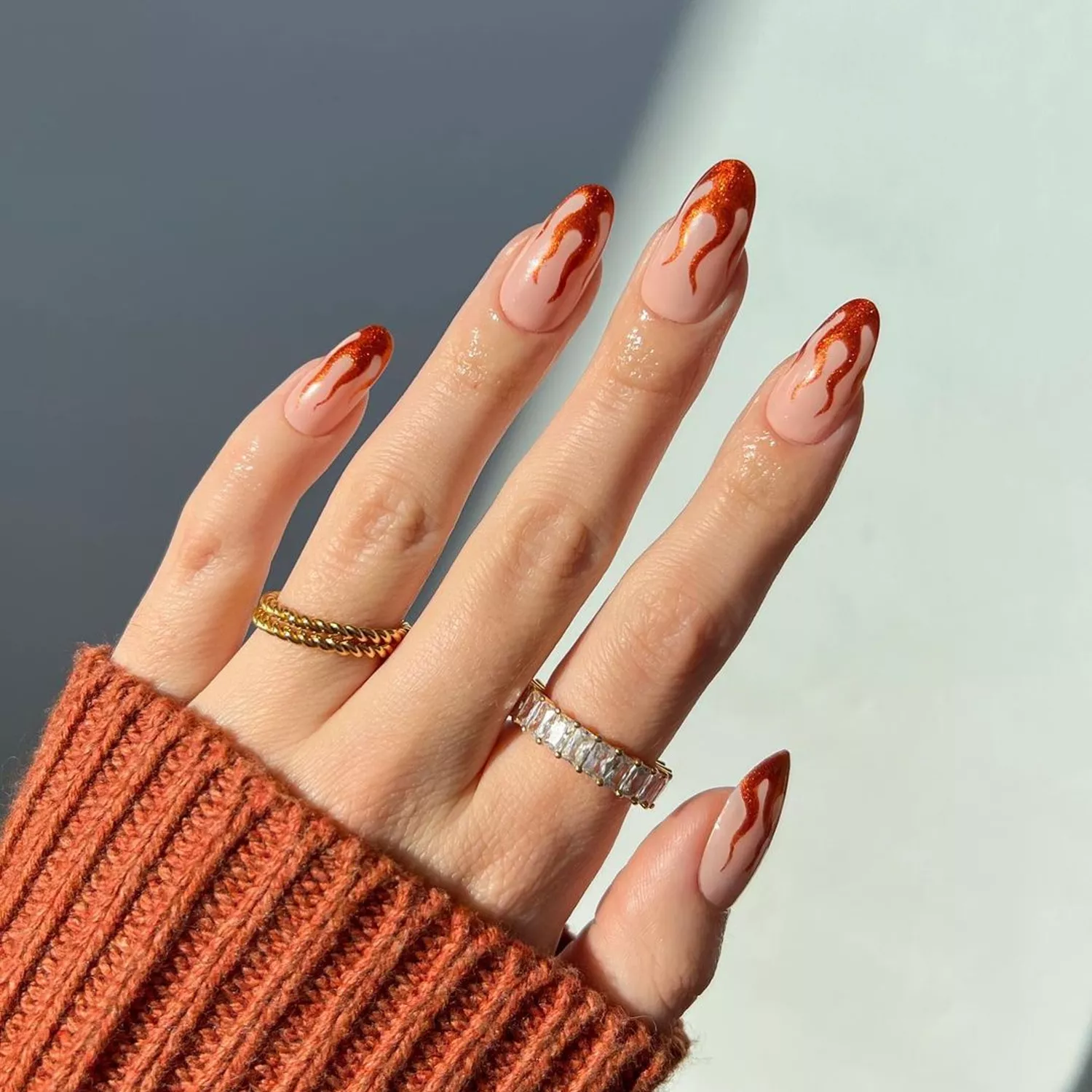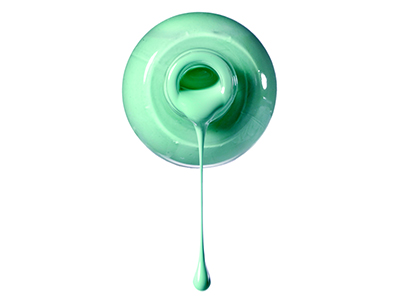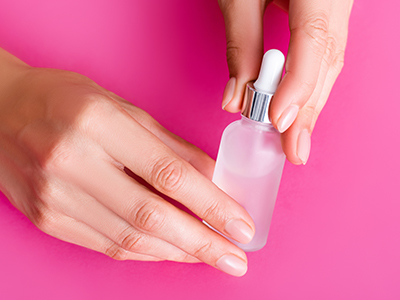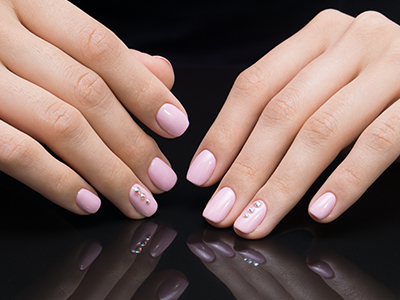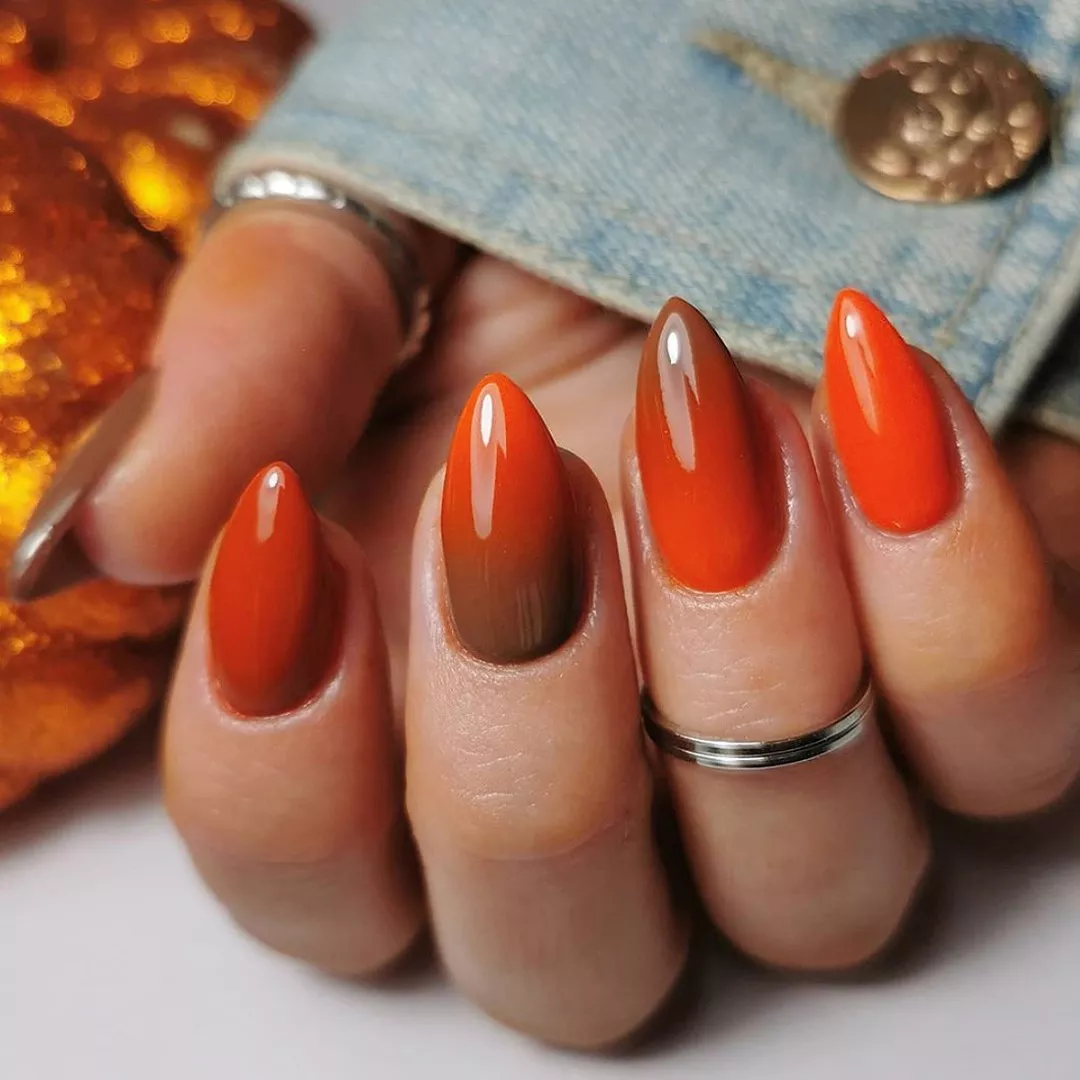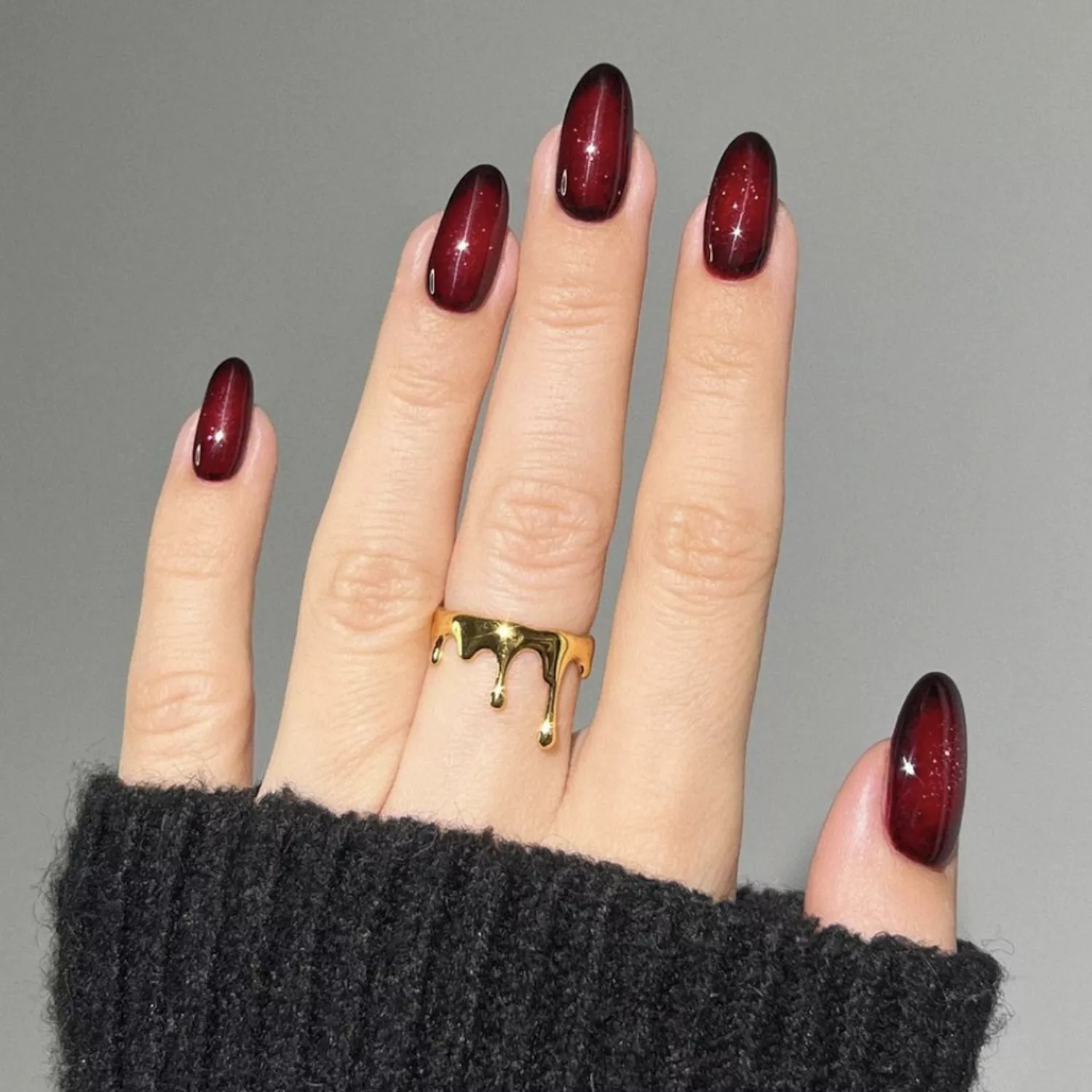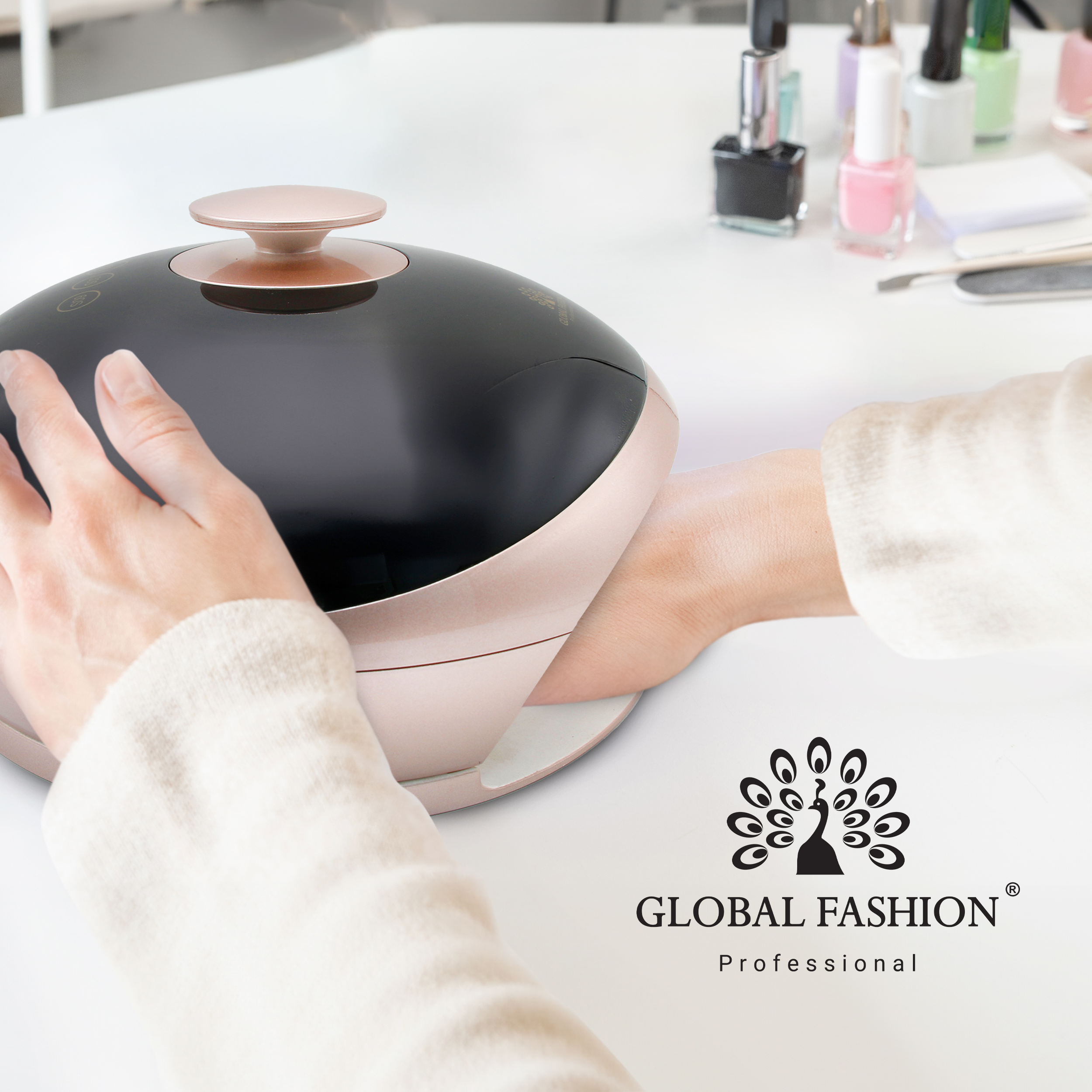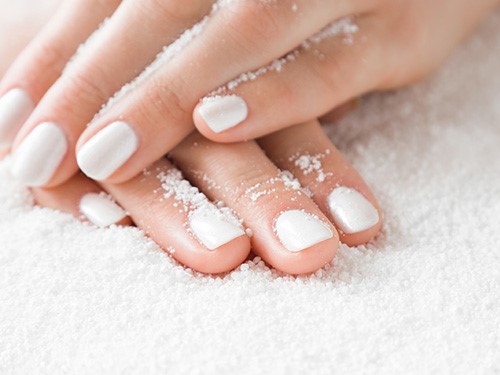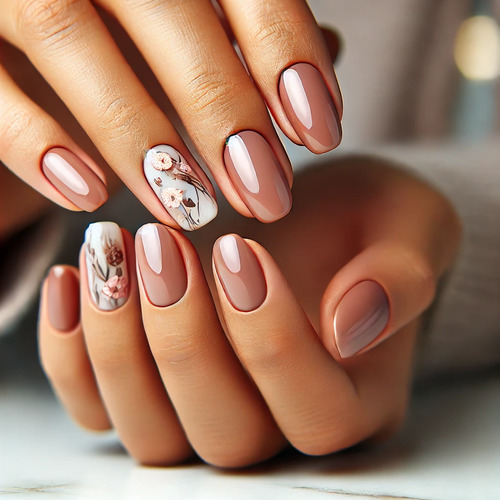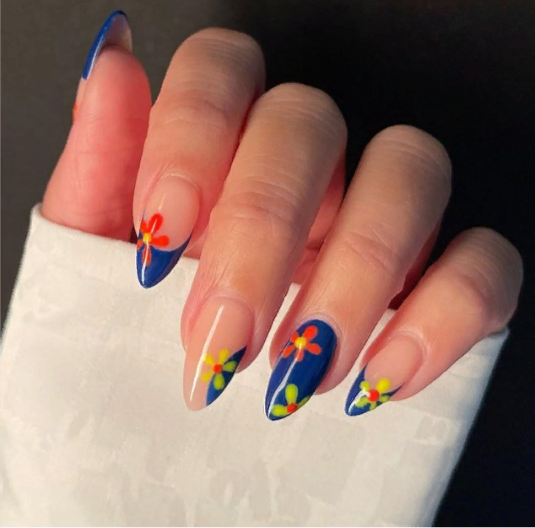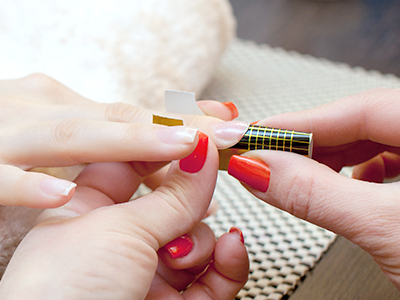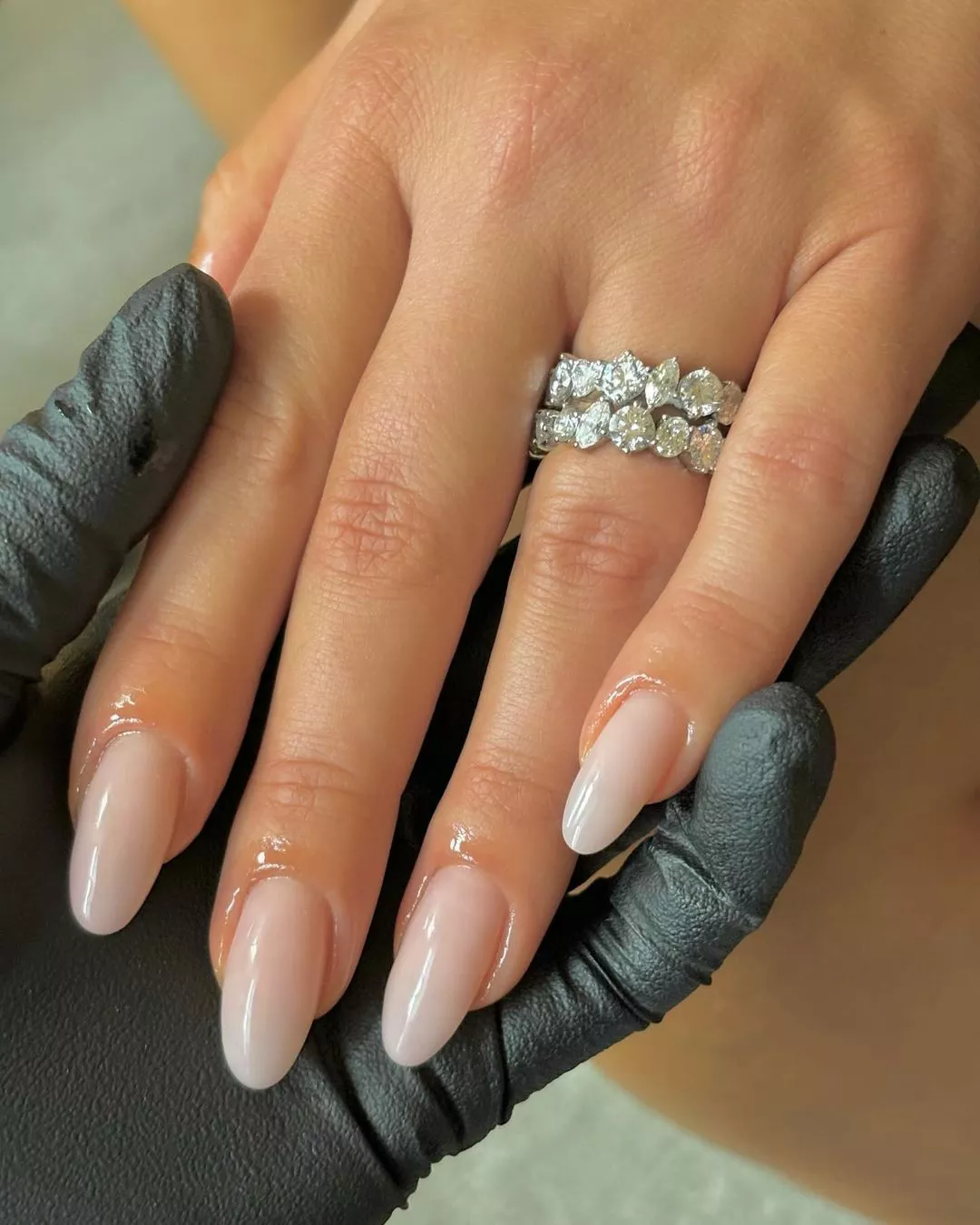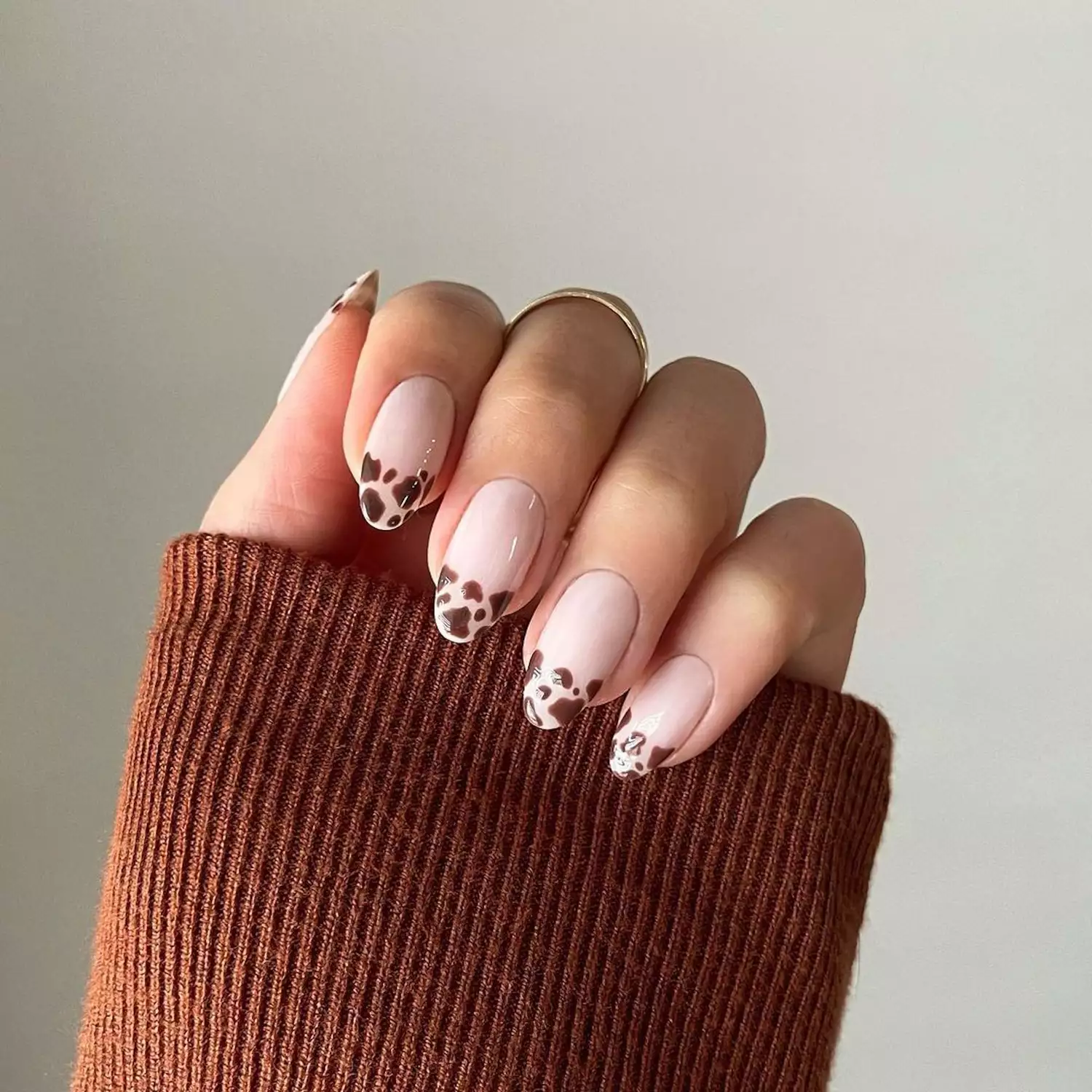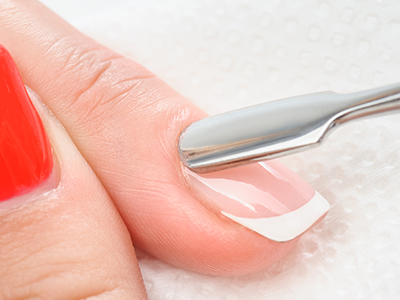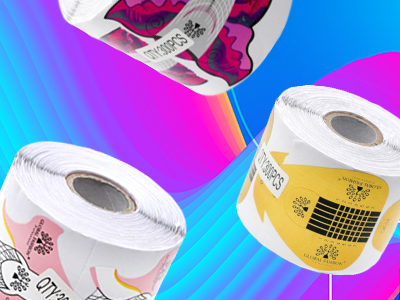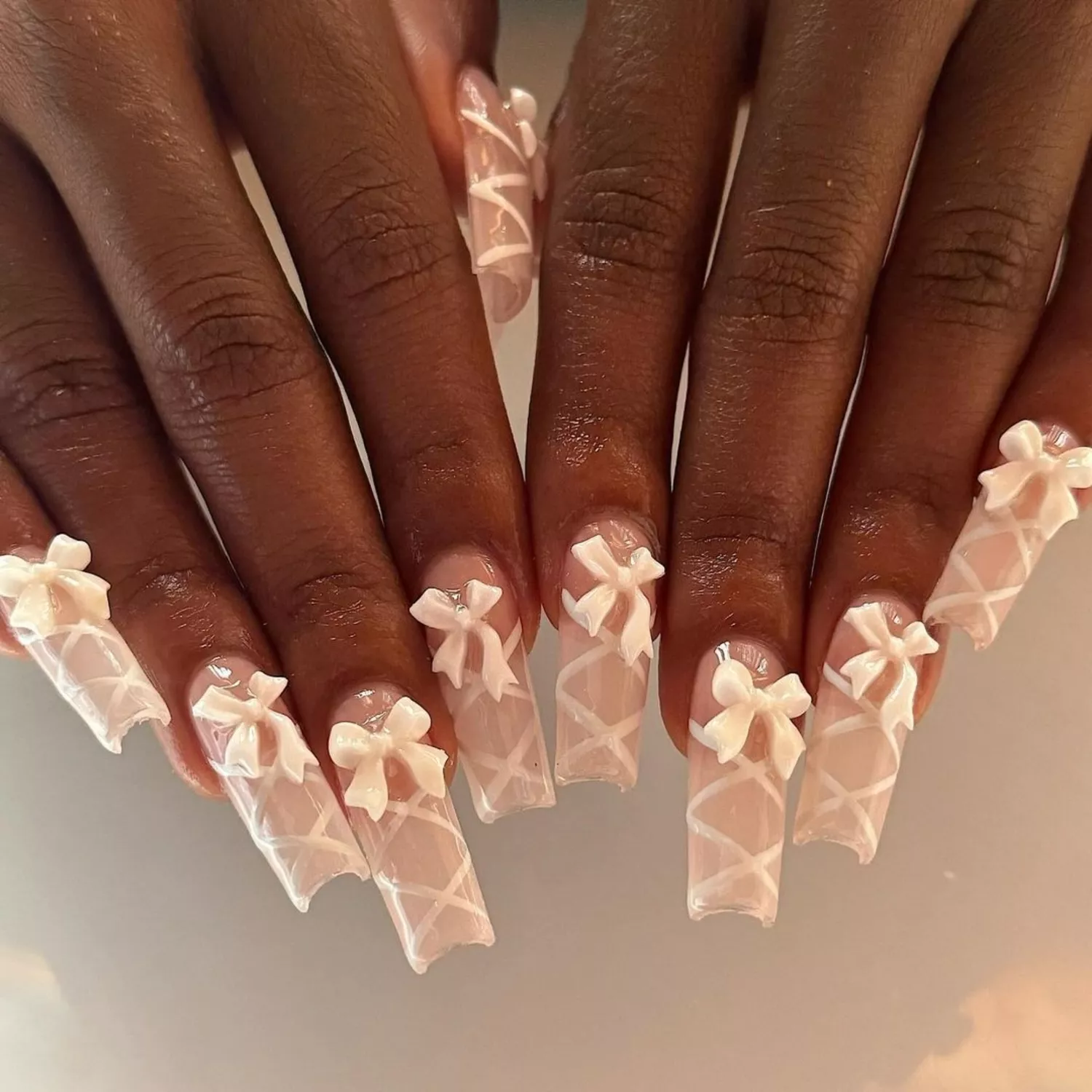Paraffin therapy for hands and nails: what it is, benefits and how it works
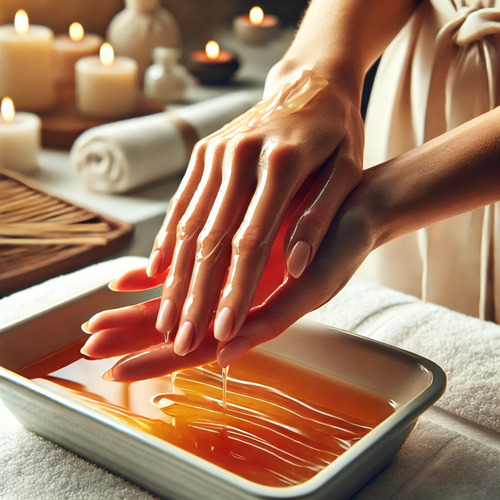
In this article we will look at what paraffin therapy is, how it works, and the benefits it brings.
What is paraffin therapy?
Paraffin therapy is a procedure in which warm paraffin, which has the ability to retain heat, is applied to the skin. Usually special cosmetic paraffin is used, enriched with oils and vitamins, which makes the procedure not only useful but also pleasant. This method was originally used to treat diseases such as arthritis, but now it is widely used in beauty salons for hand and nail care.
Benefits of paraffin therapy
This therapy brings many benefits to the skin including:
- Moisturising and nourishing the skin. Exposure to heat opens up the skin's pores, which promotes better nutrient penetration and moisturisation.
- Improved blood circulation. Heat dilates blood vessels, improving circulation and metabolism.
- Skin softening and repair. Paraffin helps to soften rough skin, heal microcracks and improve overall skin tone.
- Analgesic effect. The thermal effect of paraffin helps to reduce muscle and joint pain, which makes the procedure useful in arthritis and other joint diseases.
- Anti-stress effect. The procedure relaxes, relieves tension and improves general well-being.
- Improving the appearance of the nails. Paraffin therapy improves the condition of your nails, making them healthier and shinier.
How does paraffin therapy work?
Paraffin melts at a temperature that is safe for the skin, allowing it to be absorbed without causing burns. When the paraffin becomes liquid, your hands or nails are dipped into it. Once the paraffin has cooled and hardened, it is gently removed, leaving the skin moisturised and soft.
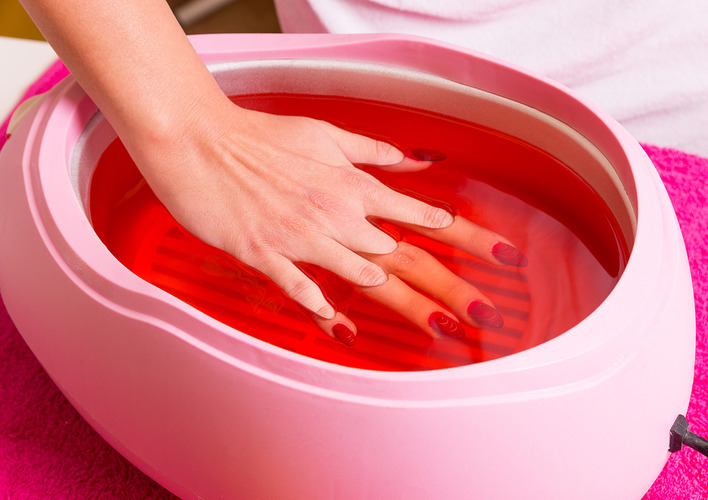
Paraffin therapy for hands and nails
Paraffin therapy is a great way to maintain healthy nails and hand skin care. It effectively moisturises dry cuticles, improves the appearance of nails and helps to strengthen them. In addition, paraffin therapy benefits the skin of your hands by deeply moisturising it, making your hands soft, smooth and velvety to the touch.
Contraindications to paraffin therapy
- Open wounds and inflammations on the skin.
- Allergy to the components of paraffin.
- Varicose veins.
- Serious diseases of the cardiovascular system.
How is paraffin therapy carried out?
The procedure of paraffin therapy includes several stages:
1. Skin preparation. Before applying paraffin, the skin is cleaned and moisturised with cream or oil. This is necessary to improve the penetration of nutrients.
2. Paraffin application. Melted paraffin (temperature is usually around 50-55 degrees) is applied to the skin with a brush or by dipping it into a container of paraffin. To improve the effect, paraffin is applied in several layers.
3. Warming and waiting. After applying paraffin, special thermal gloves are put on the skin or wrapped with a film and a towel to retain heat. The exposure time is 15-30 minutes.
4. Paraffin removal. After the procedure is completed, the paraffin is carefully removed, and the skin is additionally moisturised with cream or lotion.
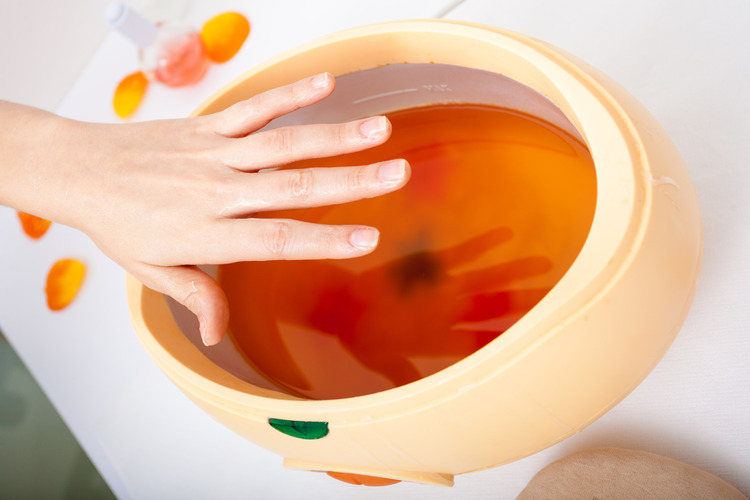
Care after paraffin treatment
After paraffin therapy, it is important to moisturise your skin to prolong the effects of the treatment. Apply a moisturising lotion or nourishing oil to keep your skin soft, smooth and hydrated.
Paraffin therapy is an effective and enjoyable treatment that helps to improve skin condition, relieve aches and pains and fatigue. When used correctly, it has many benefits, but you should always consult a doctor or beautician before starting the procedures, especially if there are chronic diseases or skin sensitivities.
Read also: Gel varnish allergy: symptoms, causes and what to do
Published: 29.08.2024 13:11
Times Read: 130
6318 bought
ID: 3678
13,92 BYN
3157 bought
ID: 3688
27,95 BYN
1836 bought
ID: 3650
9,28 BYN
567 bought
ID: 5263
3,87 BYN
